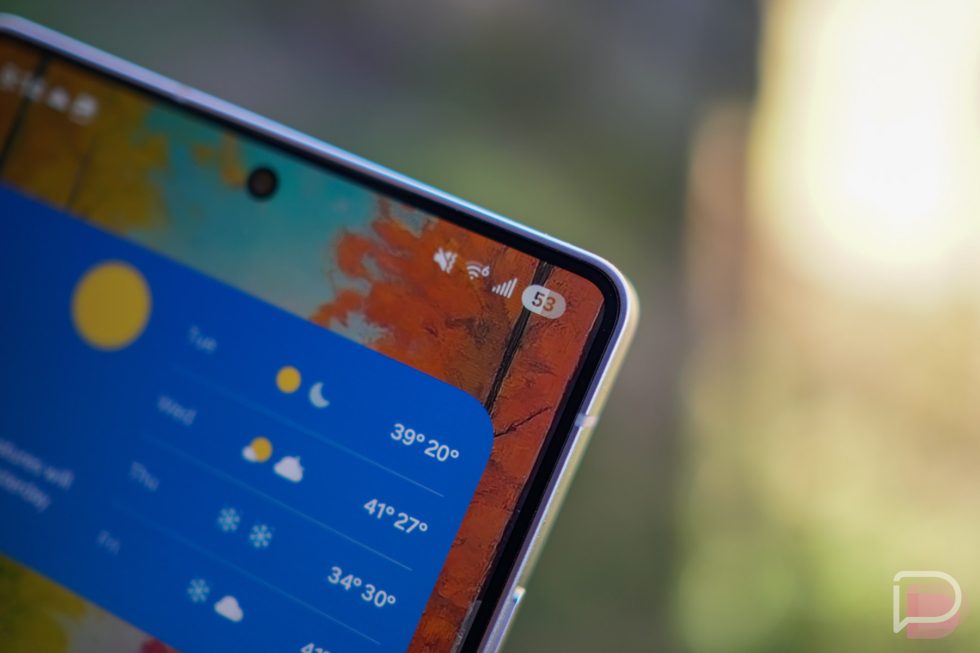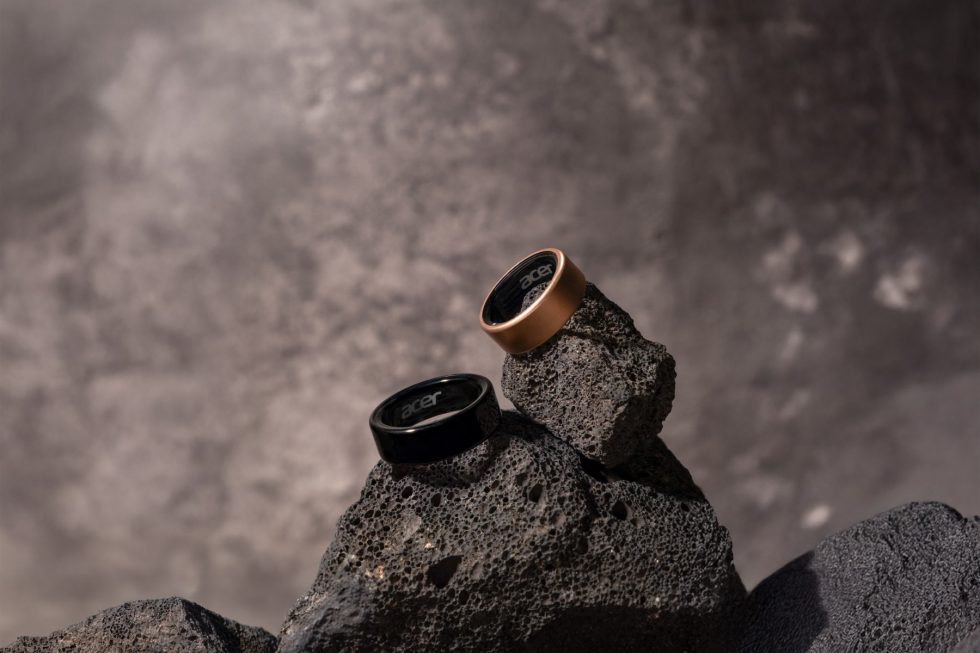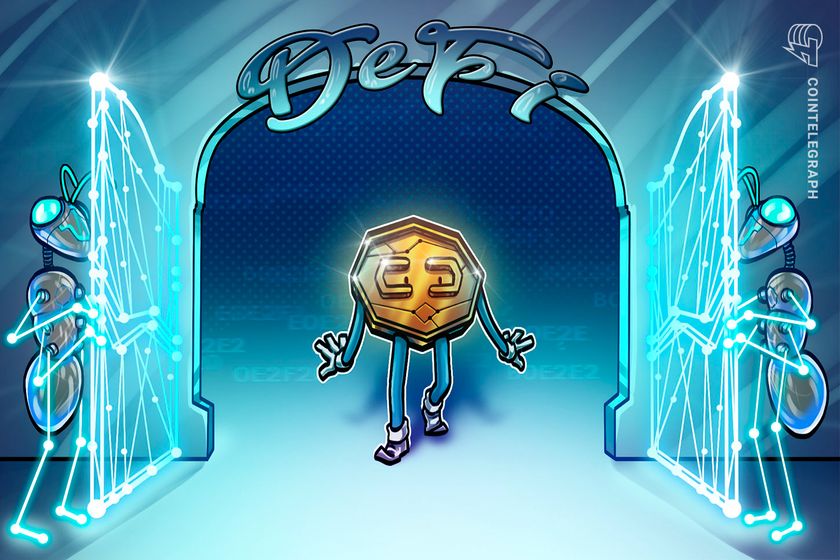Social Media ‘Likes’ Serve as Online Piracy Evidence, Judge Concludes
Sharing information on social media is common for many people nowadays, but it's not always without consequence. In some cases, simple 'likes' can be used as evidence in court, as a Florida man recently discovered. His Star Wars and Minion 'likes' were presented as evidence to support allegations he may be a prolific BitTorrent pirate. From: TF, for the latest news on copyright battles, piracy and more.

 Strike 3 Holdings is a familiar name in U.S. federal courts. As the most prolific copyright litigant, the adult entertainment company has filed over 15,000 lawsuits in federal courts.
Strike 3 Holdings is a familiar name in U.S. federal courts. As the most prolific copyright litigant, the adult entertainment company has filed over 15,000 lawsuits in federal courts.
These lawsuits typically target people whose Internet connections were allegedly used to download and share copyright-infringing content via BitTorrent.
Many of these cases result in private settlements and are never heard from again. Occasionally, however, a defendant decides to push back, arguing their innocence before the court. This includes defendant John R., who was sued in a Florida court last year.
‘Thousands of Pirate Downloads’
The case started as a ‘John Doe’ lawsuit, but after an IP address was linked to a Comcast account, the defendant was named. In an amended complaint, Strike 3 accused the man of sharing 25 of its copyrighted works via BitTorrent.
The complaint alleged that Strike 3’s “VXN Scan” detection software was able to download pieces of these pirated files from the IP address. In addition, the same IP address was linked to thousands of other infringements.
“Plaintiff’s Additional Evidence indicates that IP address 73.107.181.65 was used to download and distribute at least 5,595 files relating to other adult movies and mainstream media using the BitTorrent protocol during the period of infringement,” the complaint reads.
The ‘additional’ pirated files include many Star Wars related titles, a Minion movie, a Grey’s Anatomy episode, as well as albums with Halloween hits. Strike 3 doesn’t hold the rights to any of this media, but it uses the alleged downloads as circumstantial evidence to argue that the right person was identified.
Social Media Likes
Strike 3 notes that these frequent and prolonged downloads suggest that the defendant was unlikely a houseguest or passer-by. Instead, the company points out that defendant’s public social media activity “indicates strong matches” between his interests and the observed downloads.
“Defendant’s publicly available social media indicates that Defendant is a fan of Star Wars,” Strike 3 writes, adding that he is also a ‘fan’ of Minions, Grey’s Anatomy, and Halloween.
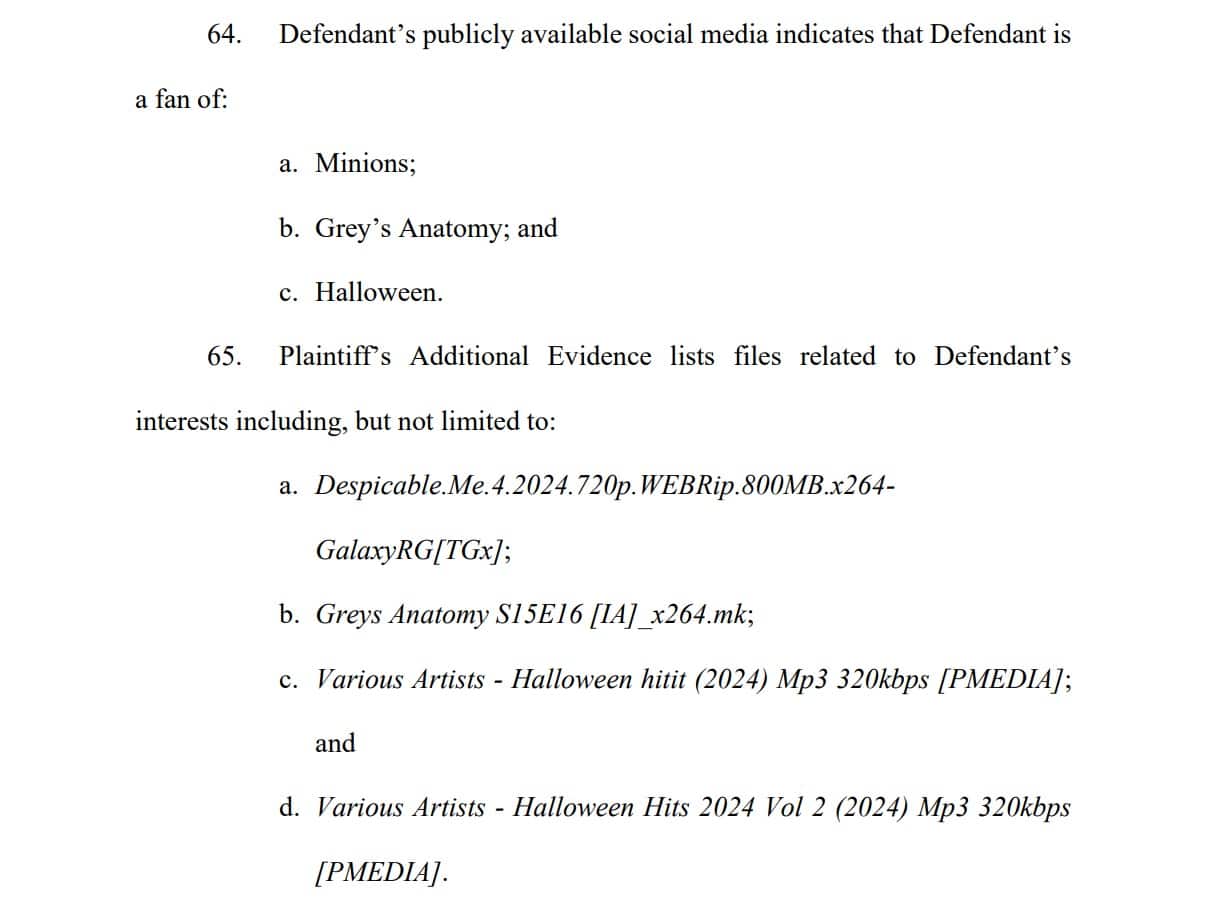
Based on these findings, Strike 3 is convinced that it identified the right defendant. However, John R. disagrees and asked the court to dismiss the case, noting that the allegations are mere speculation.
Defendant Wants Case Dismissed
The defense attorney characterized Strike 3’s evidence as an “imaginary bridge from one thought to another.” While the defendant’s social media likes may be accurate, they represent only 0.45% of the 5,595 downloads that were flagged in total.
The defense notes that this circumstantial evidence is weak, adding that there is no evidence that John R.’s devices were used to download any of the tracked files. Also, there are more people who like Halloween or the Minions.
“Therefore, all of the circumstantial evidence provided merely demonstrates a sheer possibility while there are other equally weak possibilities- like the Defendant’s wife or neighbors may like Minions, Star Wars, and Halloween,” the motion to dismiss reads.
Court: Likes Are Evidence, Case Continues
After reviewing the positions of both sides, District Court Judge Sheri Polster Chappell eventually sided with Strike 3, suggesting that the social media likes have some value at this stage of the case.
“Sure enough, Defendant’s social media shows he is a fan of Star Wars, Minions, Grey’s Anatomy, and Halloween,” the order reads, noting that this is more than mere speculation.
The order heavily cites existing jurisprudence, noting that social media interests can be used as evidence to match a defendant’s identity to BitTorrent activity. This doesn’t necessarily mean that the defendant can’t be innocent, but it’s sufficient for the case to survive a motion to dismiss.

As shown above, this means the case will move forward. The defendant is instructed to file a formal answer to the complaint by the end of the month. After that, the discovery phase will start, or alternatively, potential settlement discussions.
—
A copy of Judge Sheri Polster Chappell’s order and opinion is available here (pdf)
From: TF, for the latest news on copyright battles, piracy and more.


















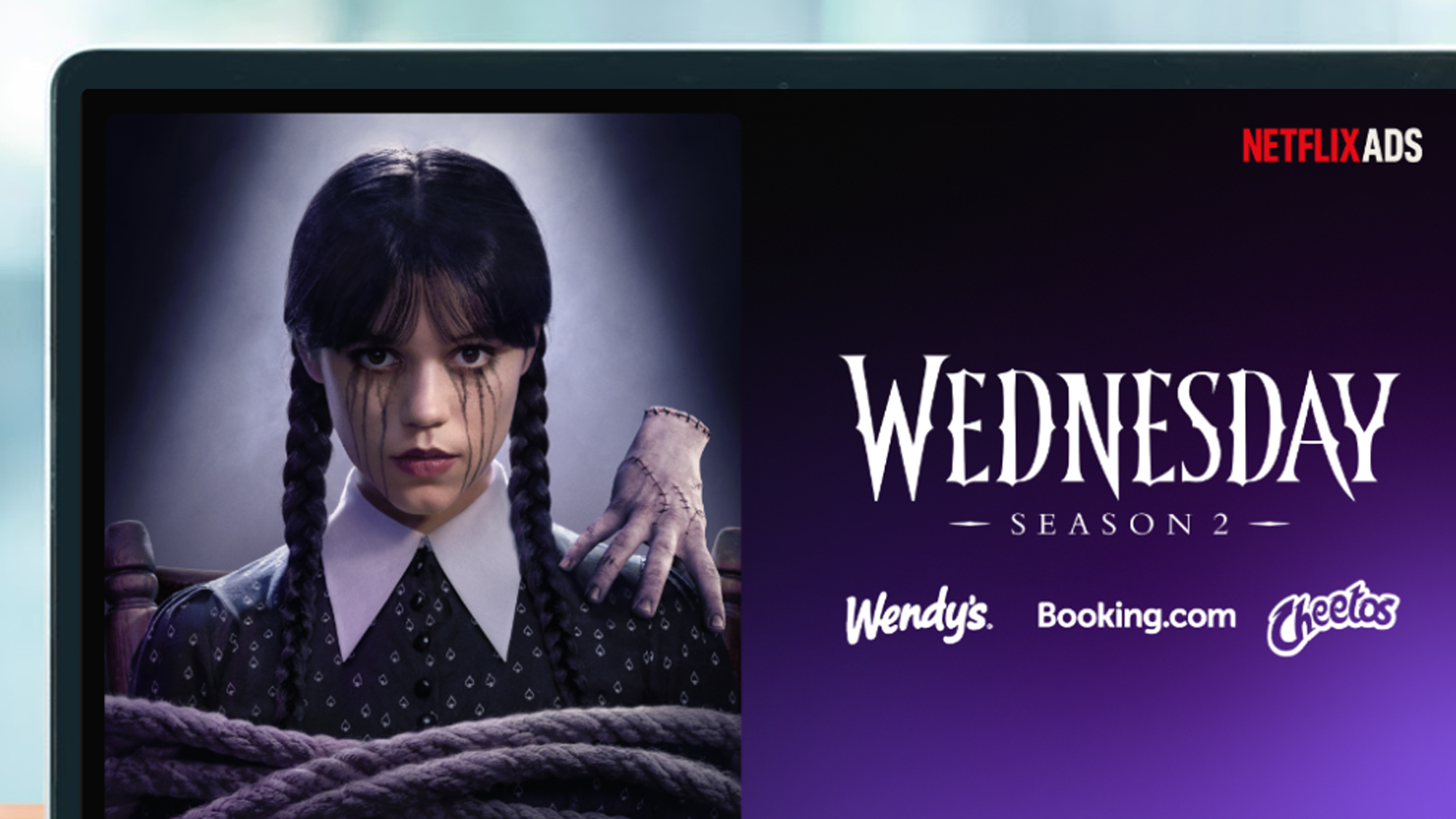








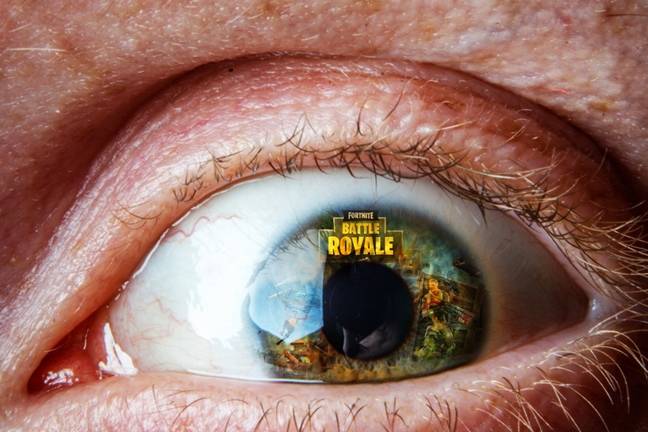















































































































































![[The AI Show Episode 146]: Rise of “AI-First” Companies, AI Job Disruption, GPT-4o Update Gets Rolled Back, How Big Consulting Firms Use AI, and Meta AI App](https://www.marketingaiinstitute.com/hubfs/ep%20146%20cover.png)















































































































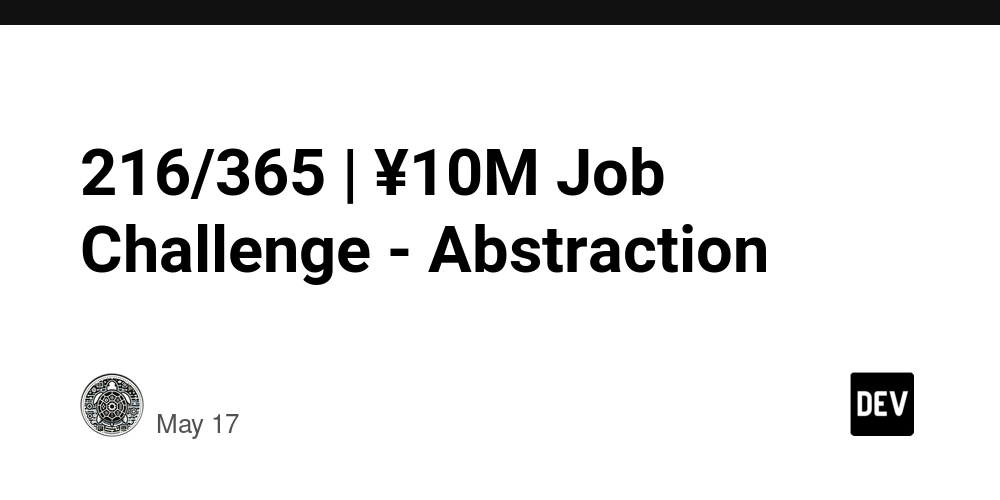

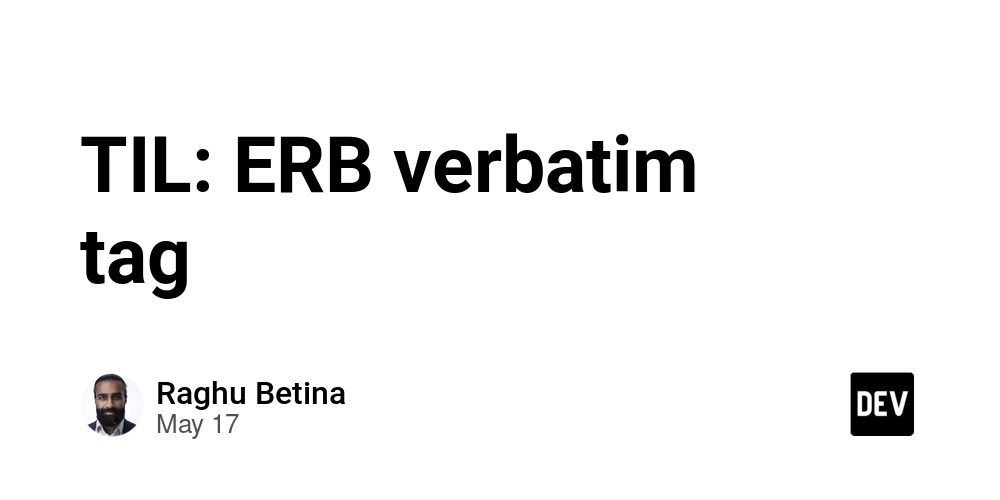










![[FREE EBOOKS] Modern Generative AI with ChatGPT and OpenAI Models, Offensive Security Using Python & Four More Best Selling Titles](https://www.javacodegeeks.com/wp-content/uploads/2012/12/jcg-logo.jpg)




![How to make Developer Friends When You Don't Live in Silicon Valley, with Iraqi Engineer Code;Life [Podcast #172]](https://cdn.hashnode.com/res/hashnode/image/upload/v1747360508340/f07040cd-3eeb-443c-b4fb-370f6a4a14da.png?#)
















































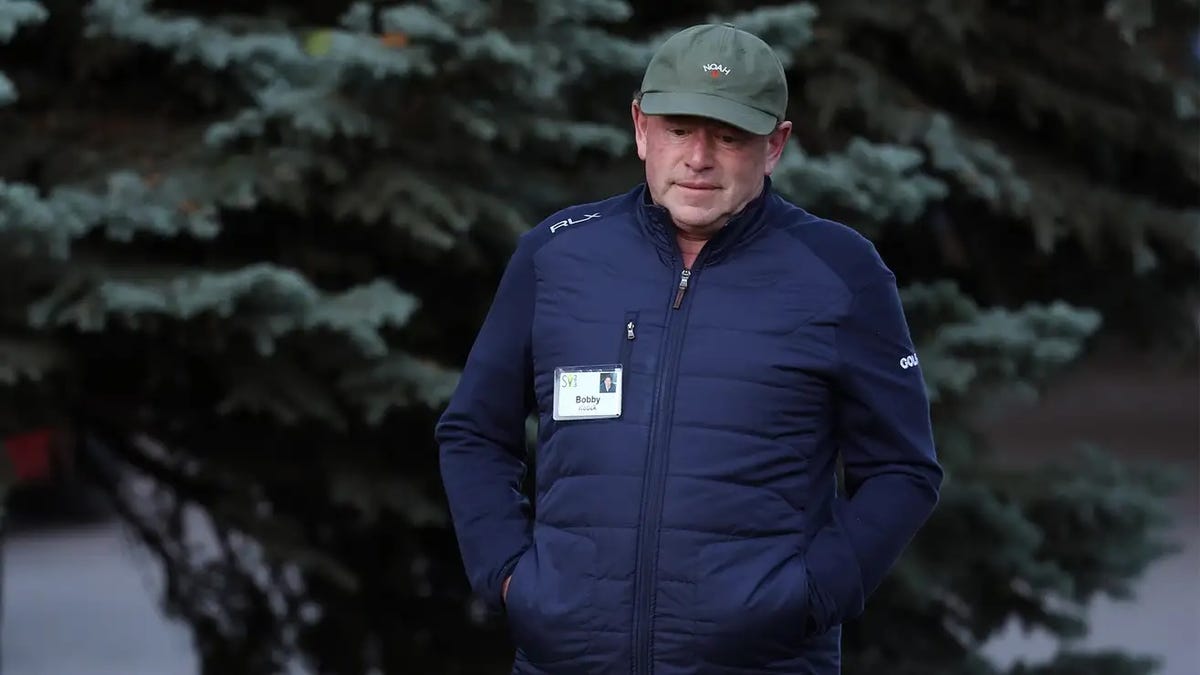











































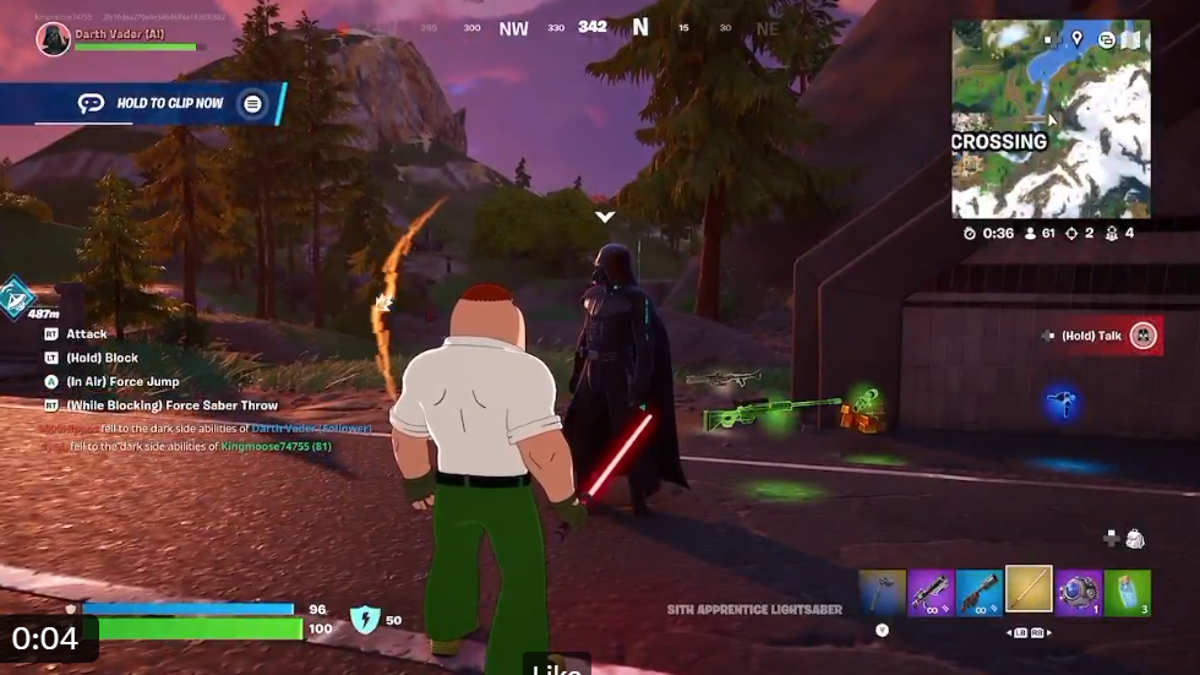































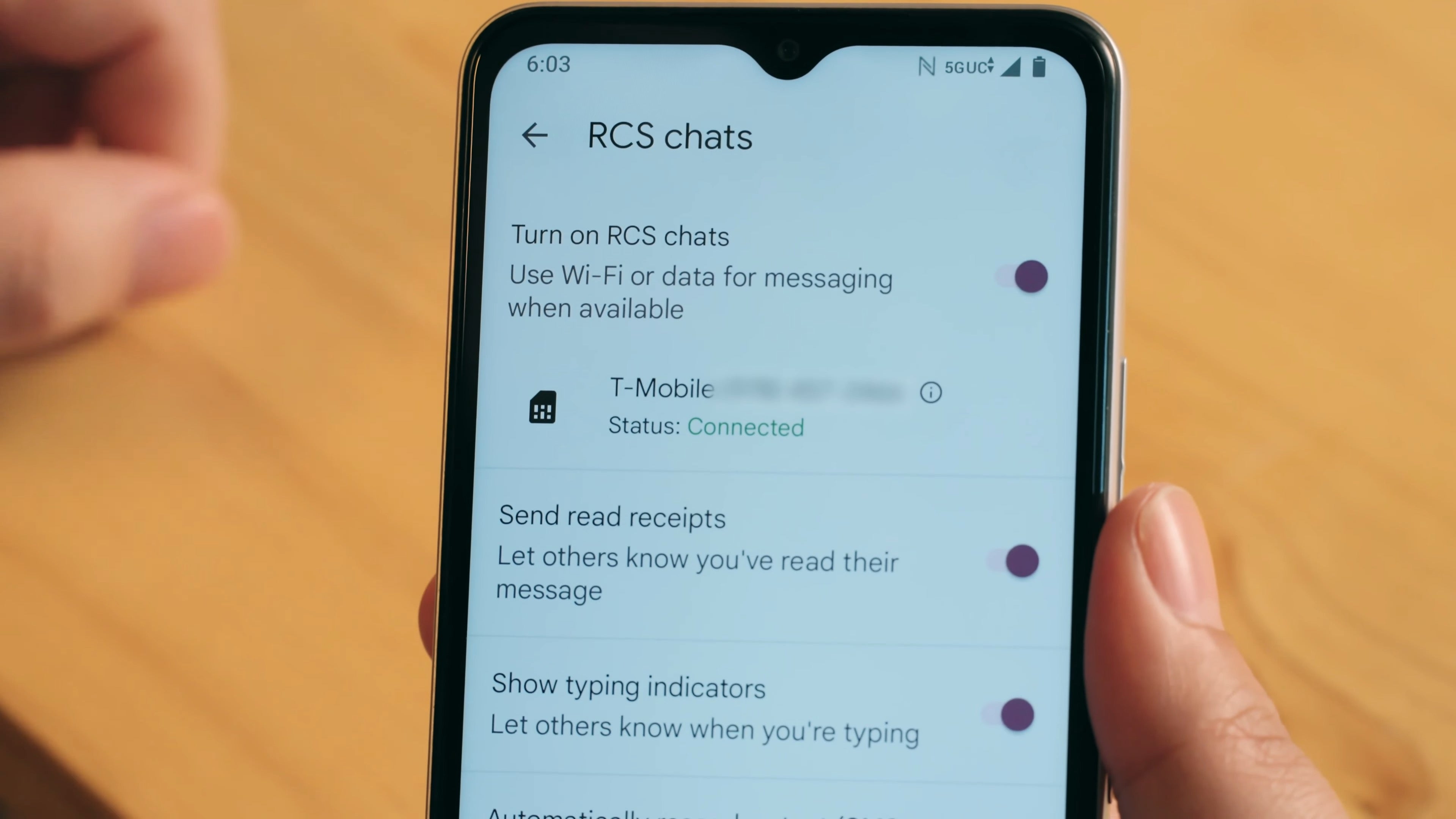
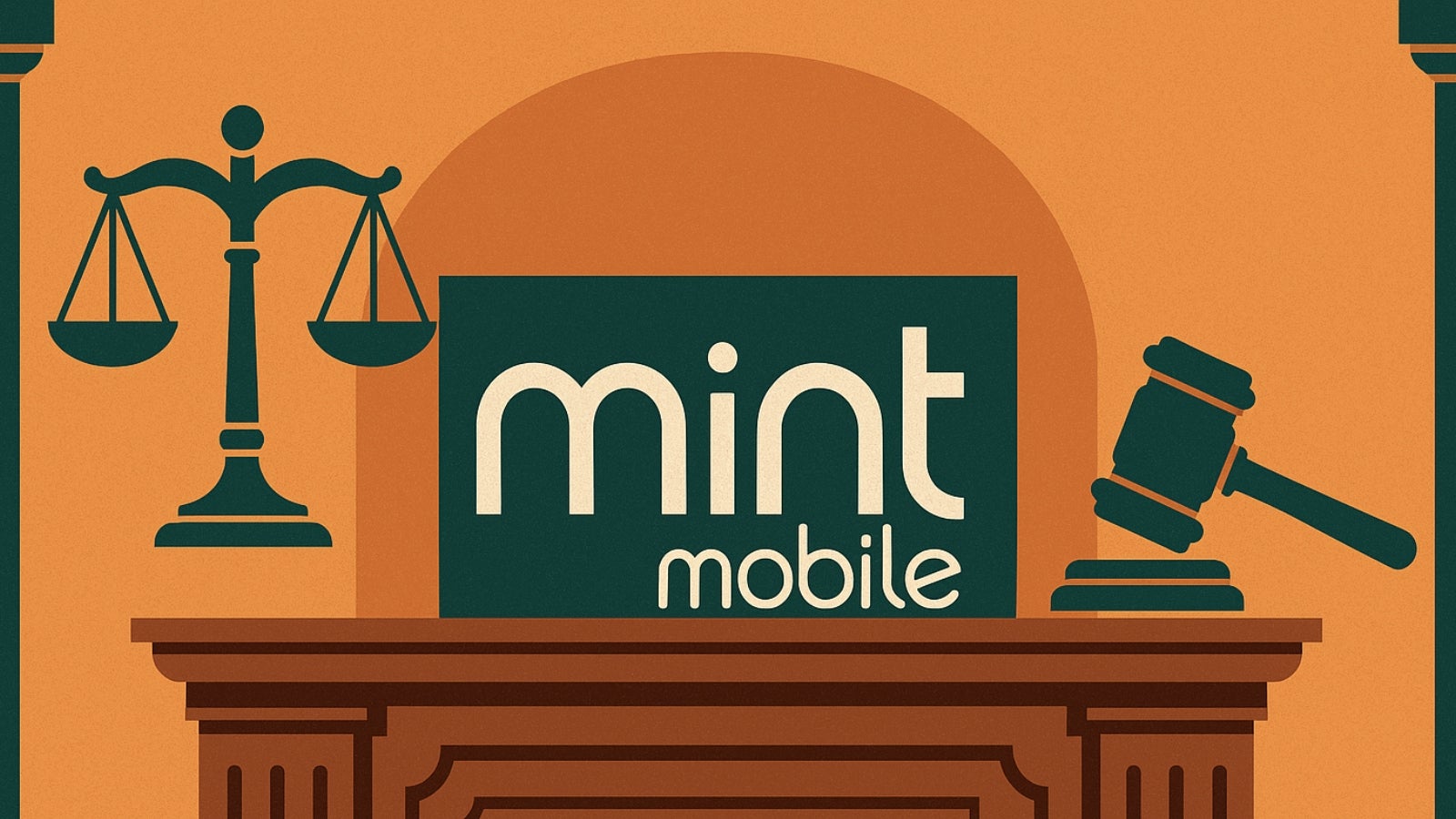
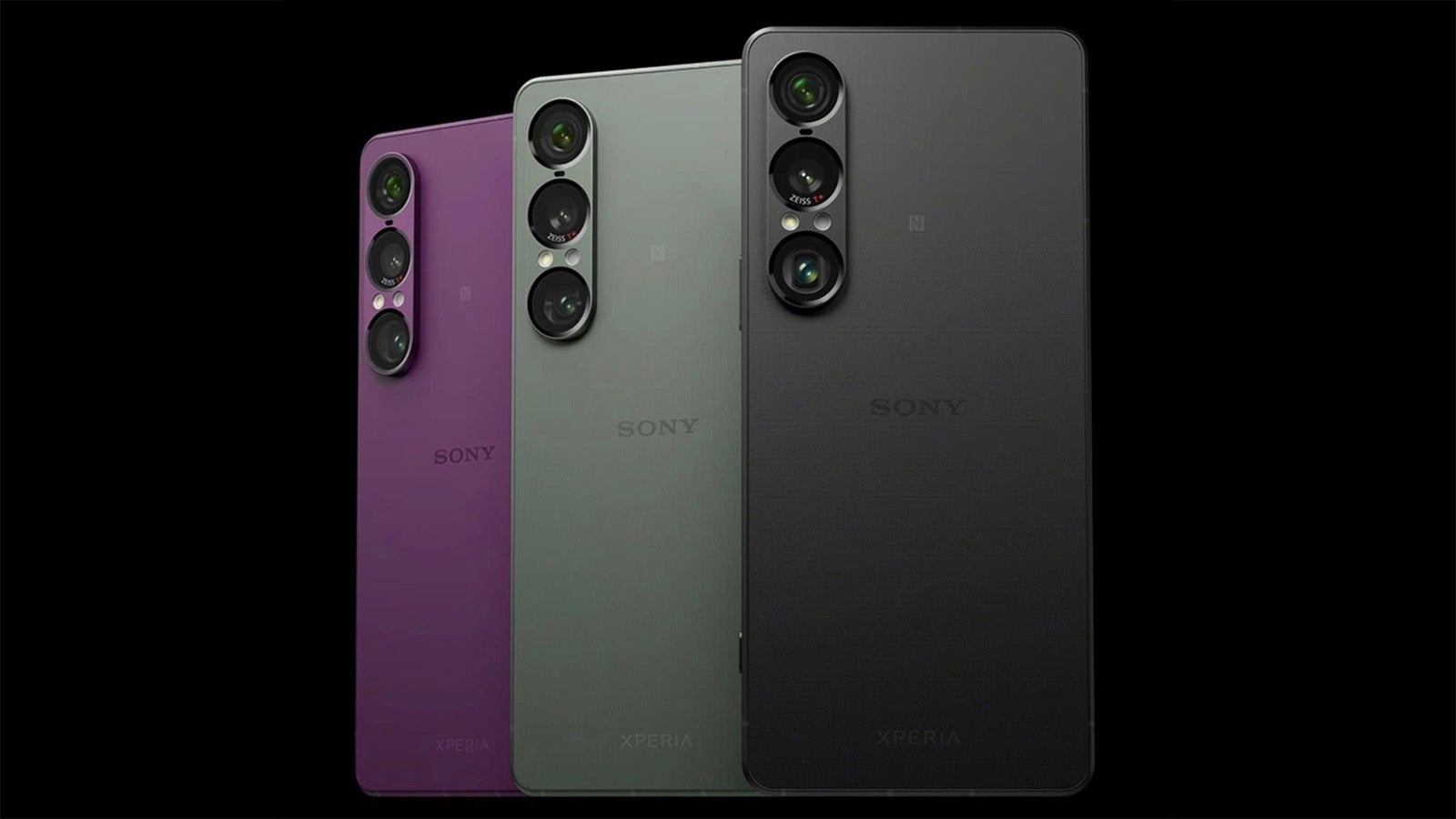










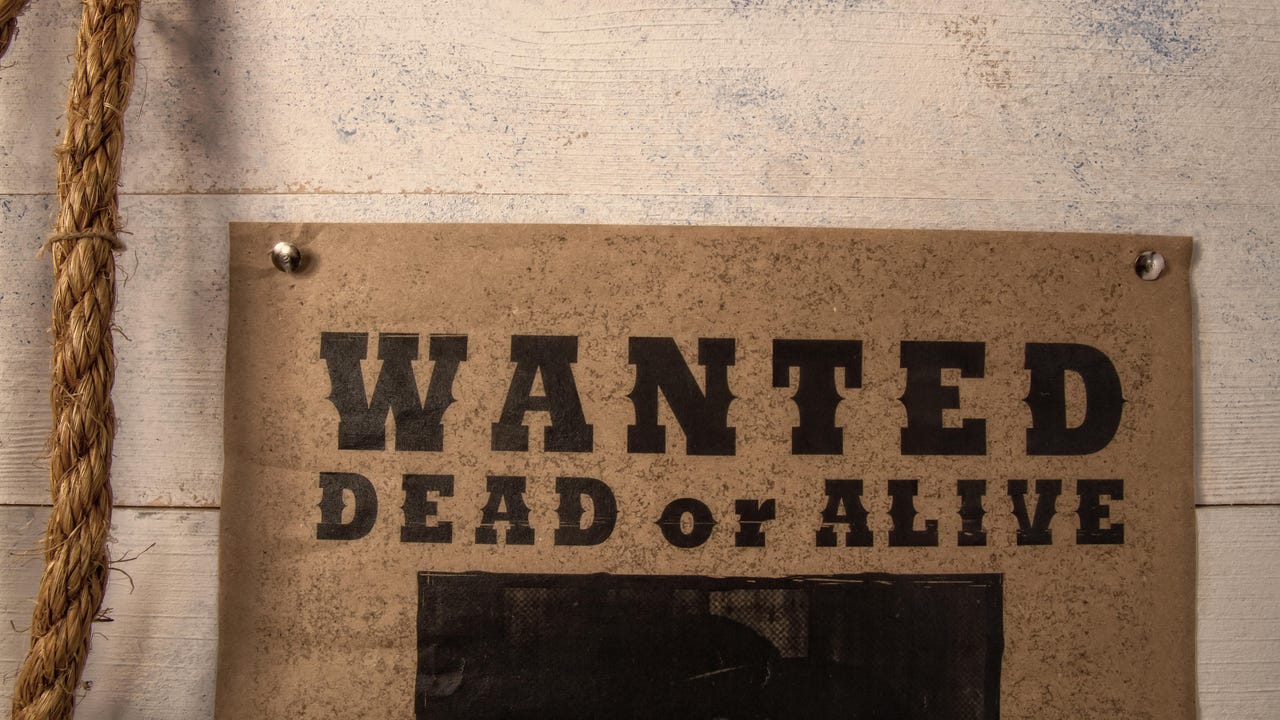
![[Virtual Event] Strategic Security for the Modern Enterprise](https://eu-images.contentstack.com/v3/assets/blt6d90778a997de1cd/blt55e4e7e277520090/653a745a0e92cc040a3e9d7e/Dark_Reading_Logo_VirtualEvent_4C.png?width=1280&auto=webp&quality=80&disable=upscale#)




















































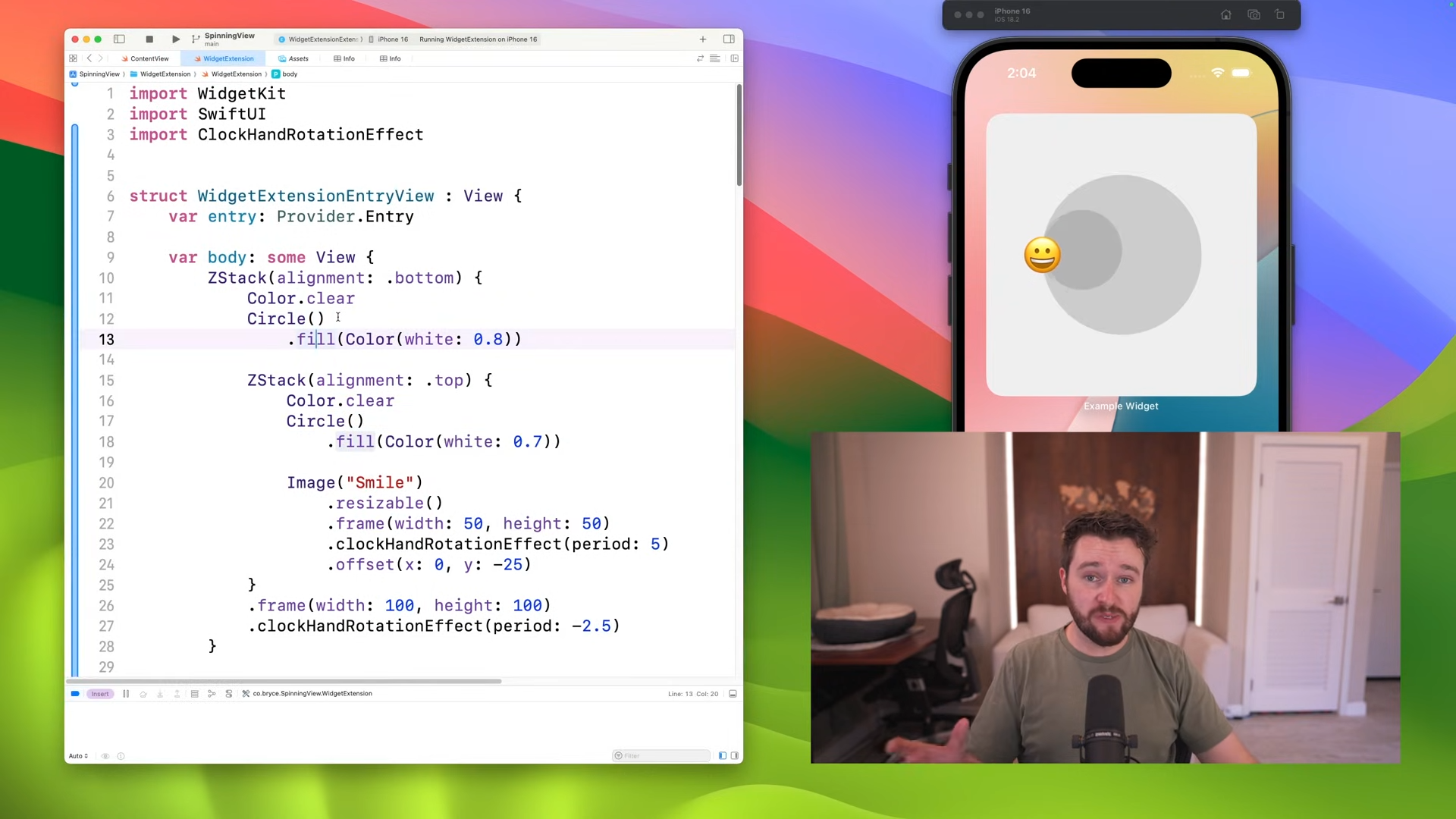
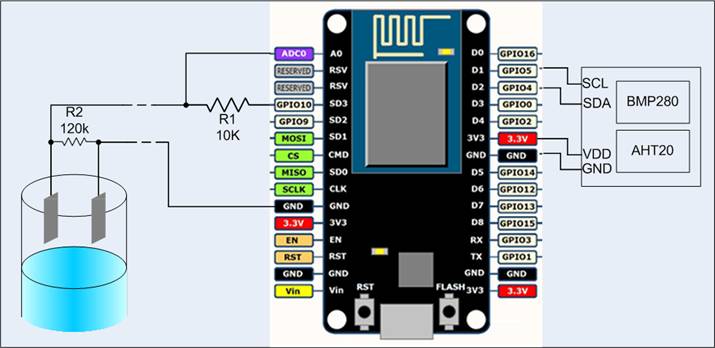

















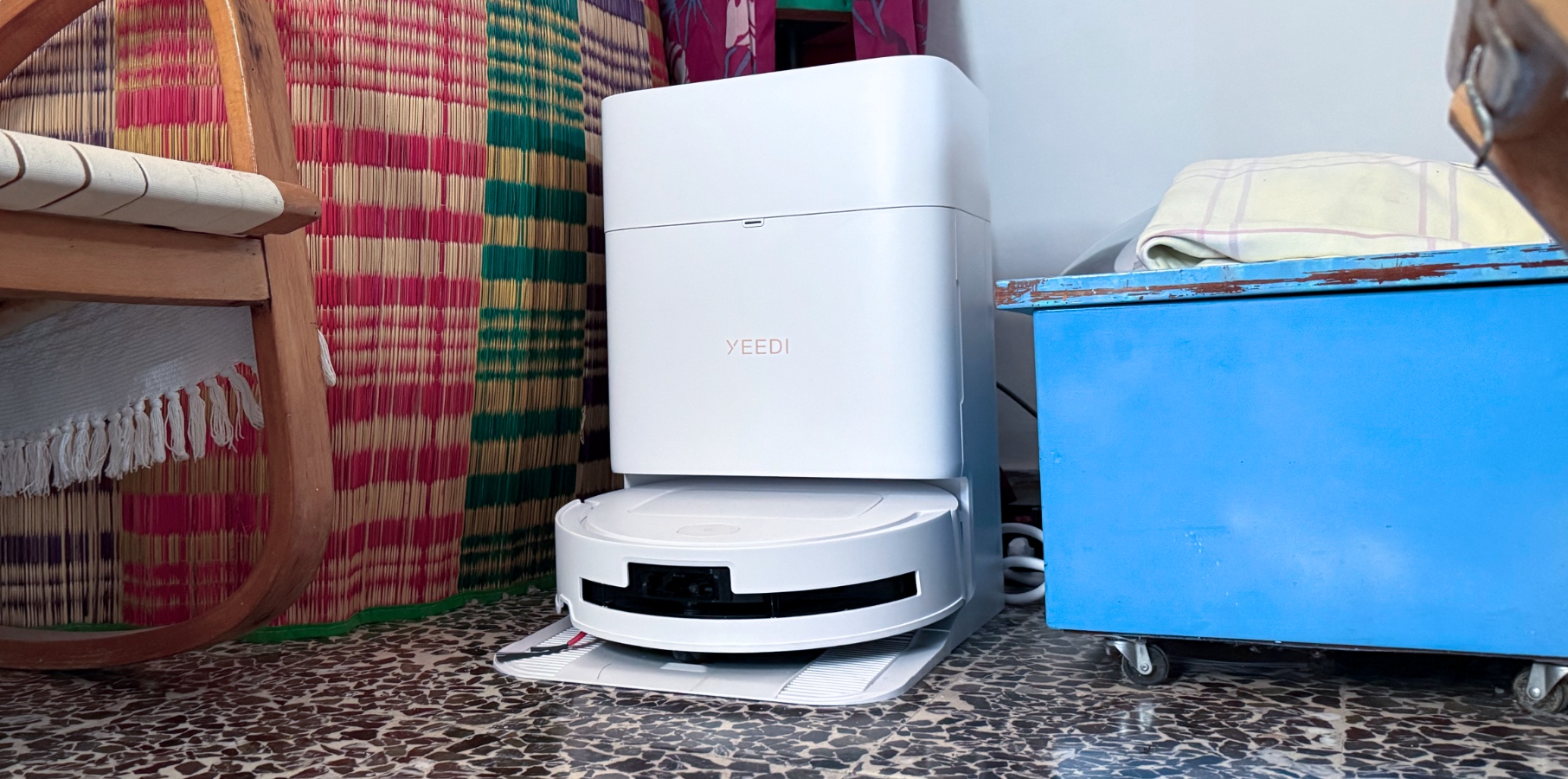



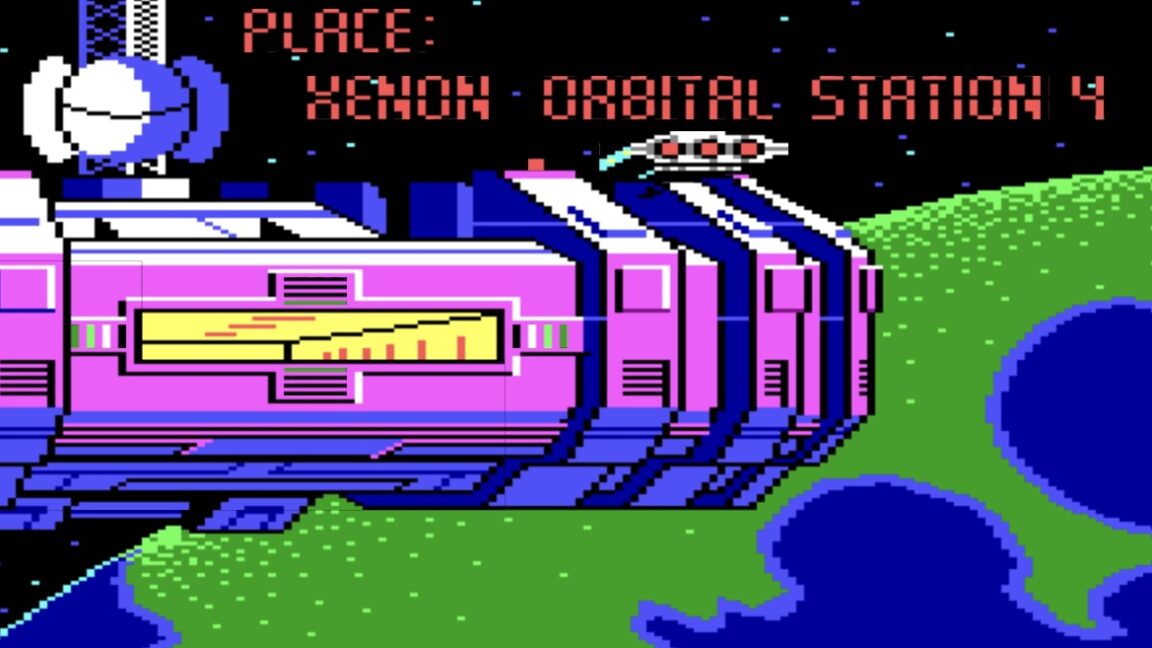




-xl-(1)-xl-xl.jpg)

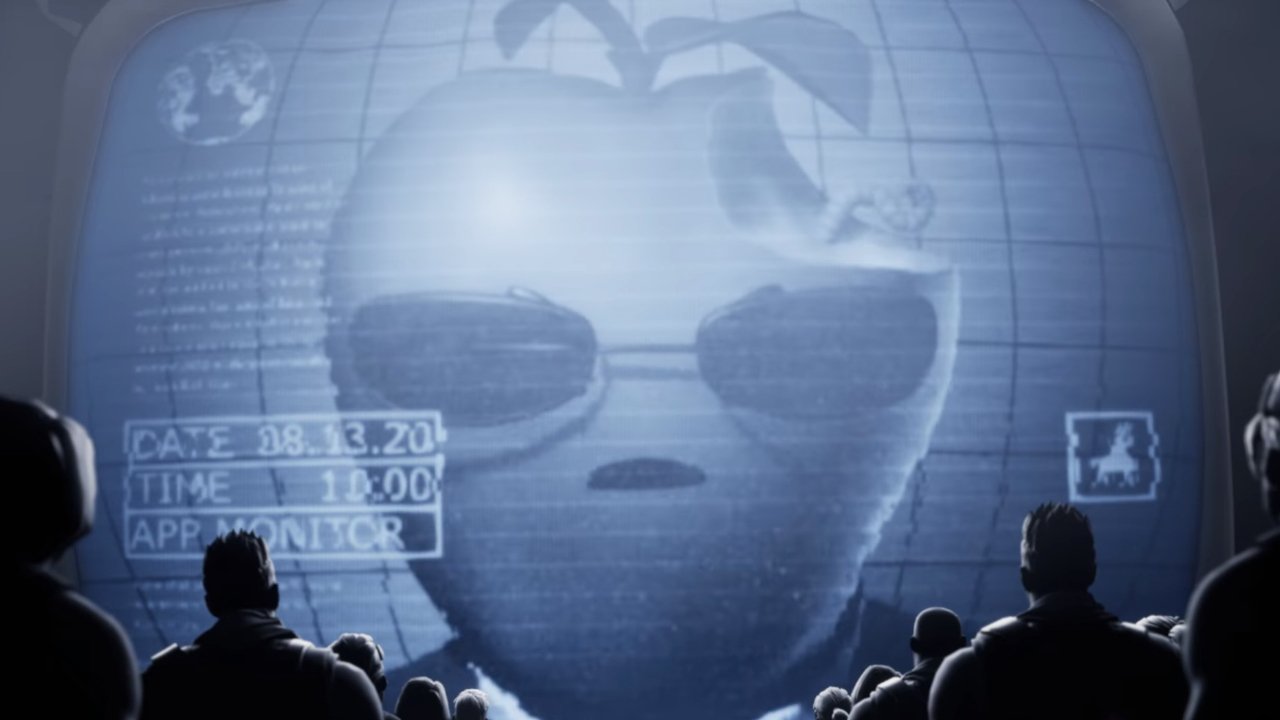
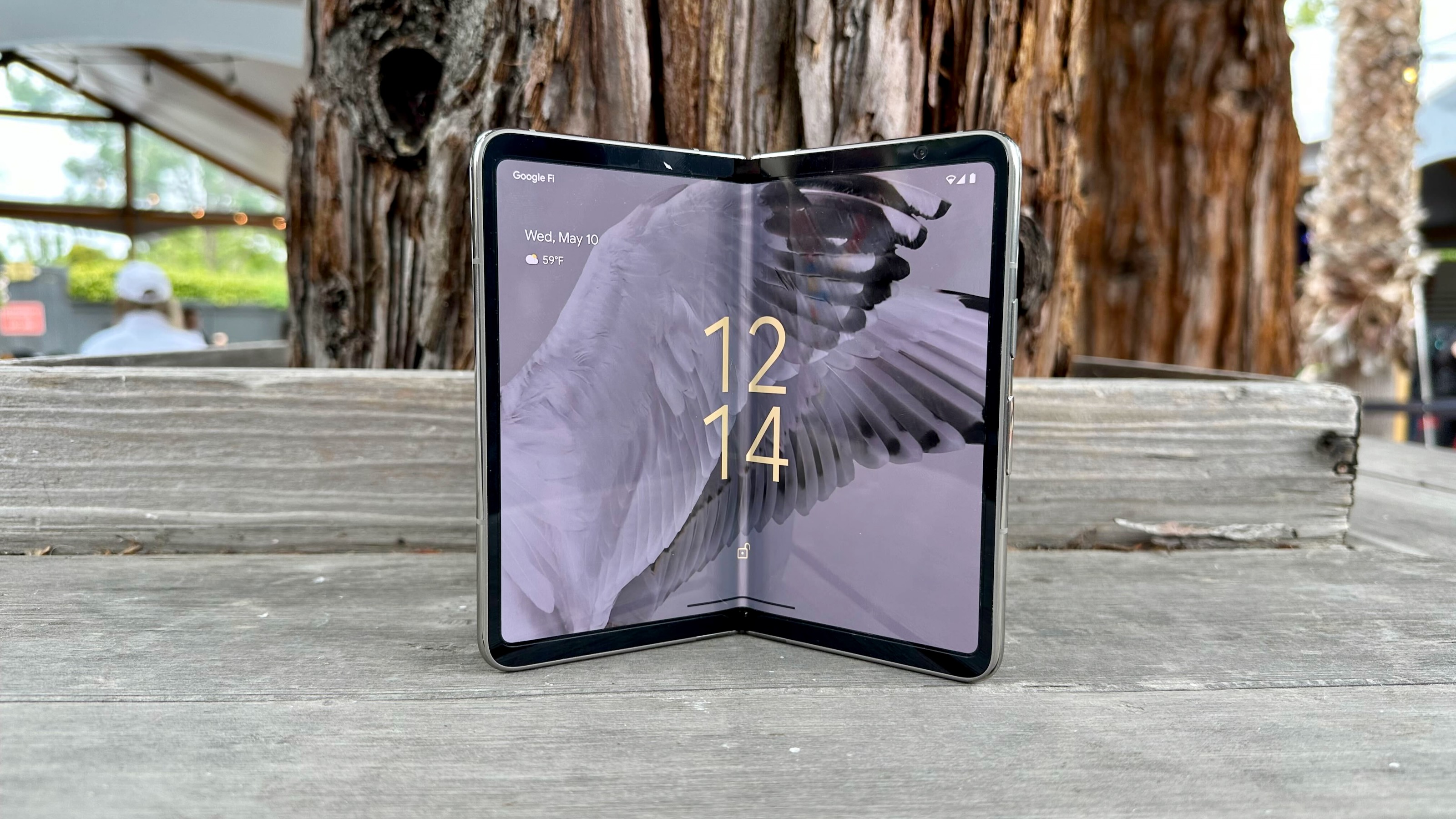

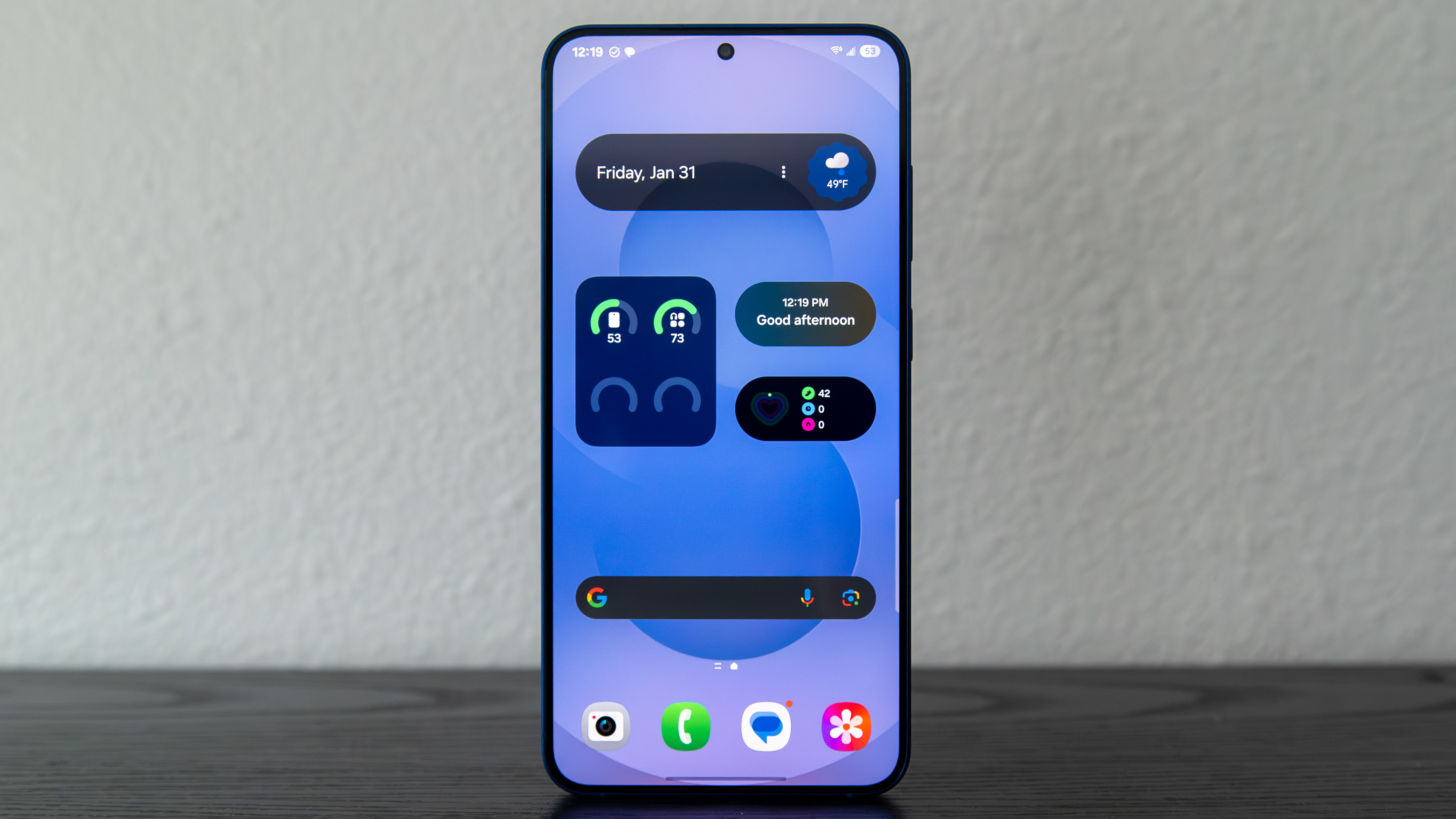

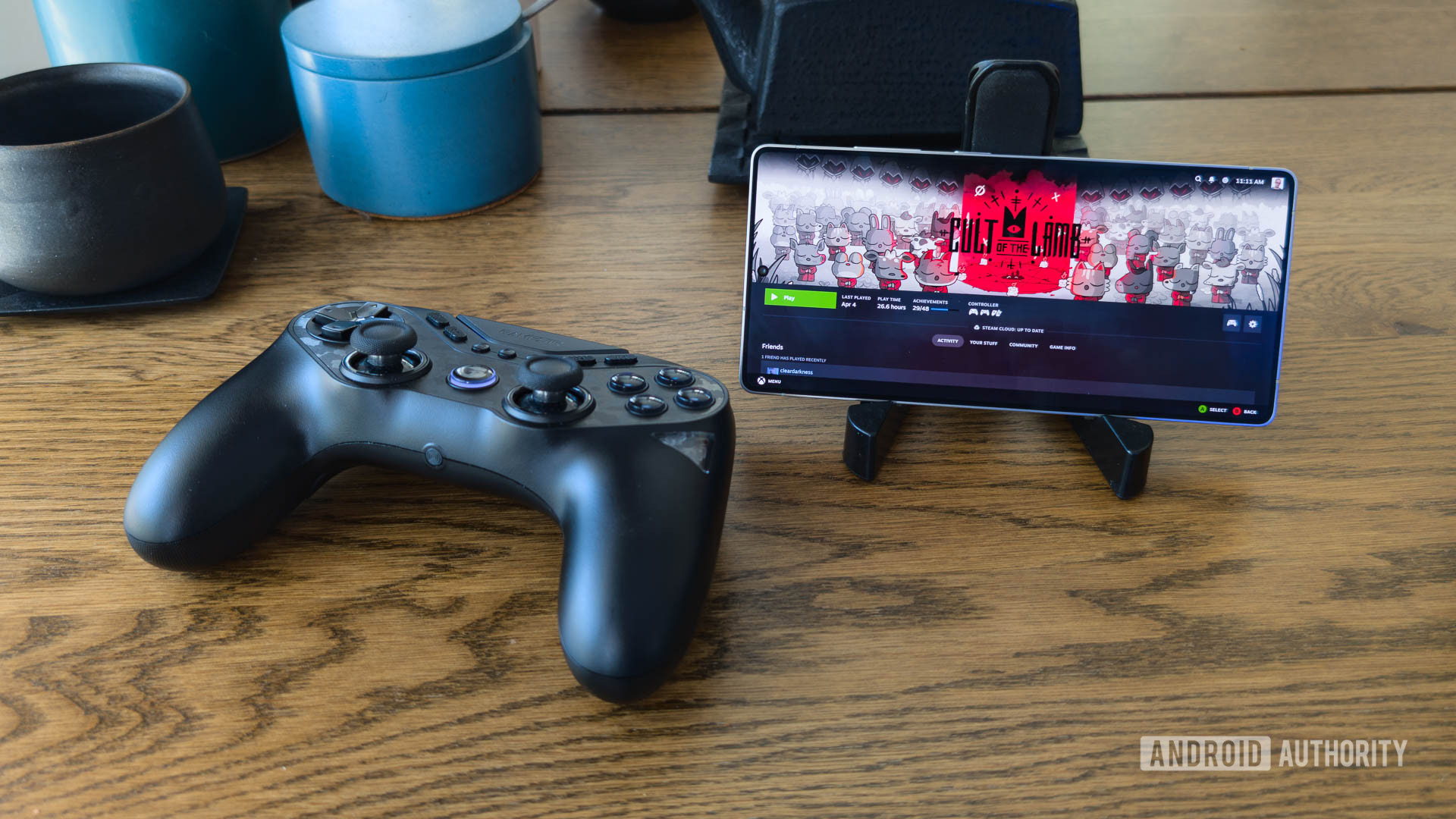
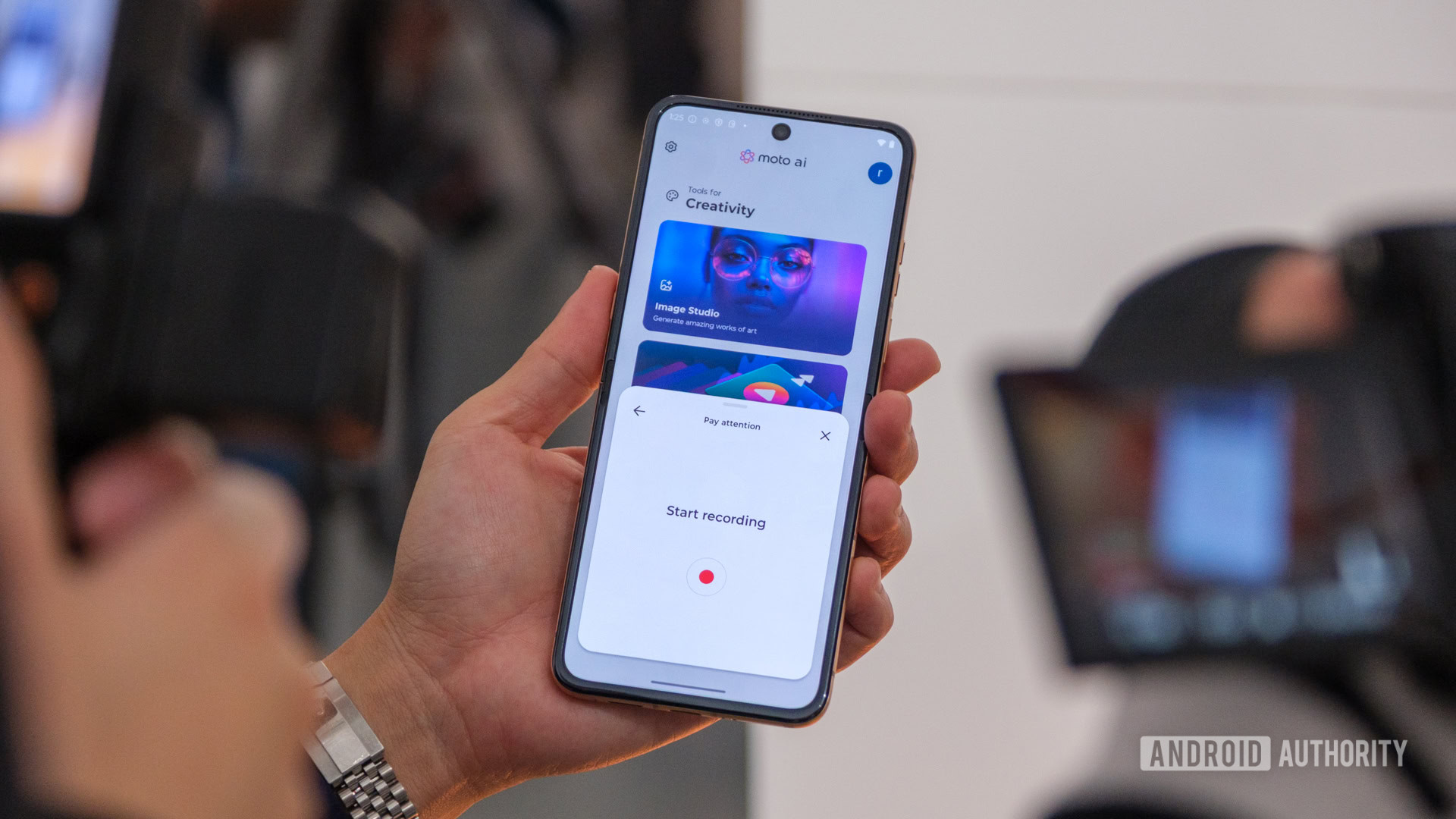
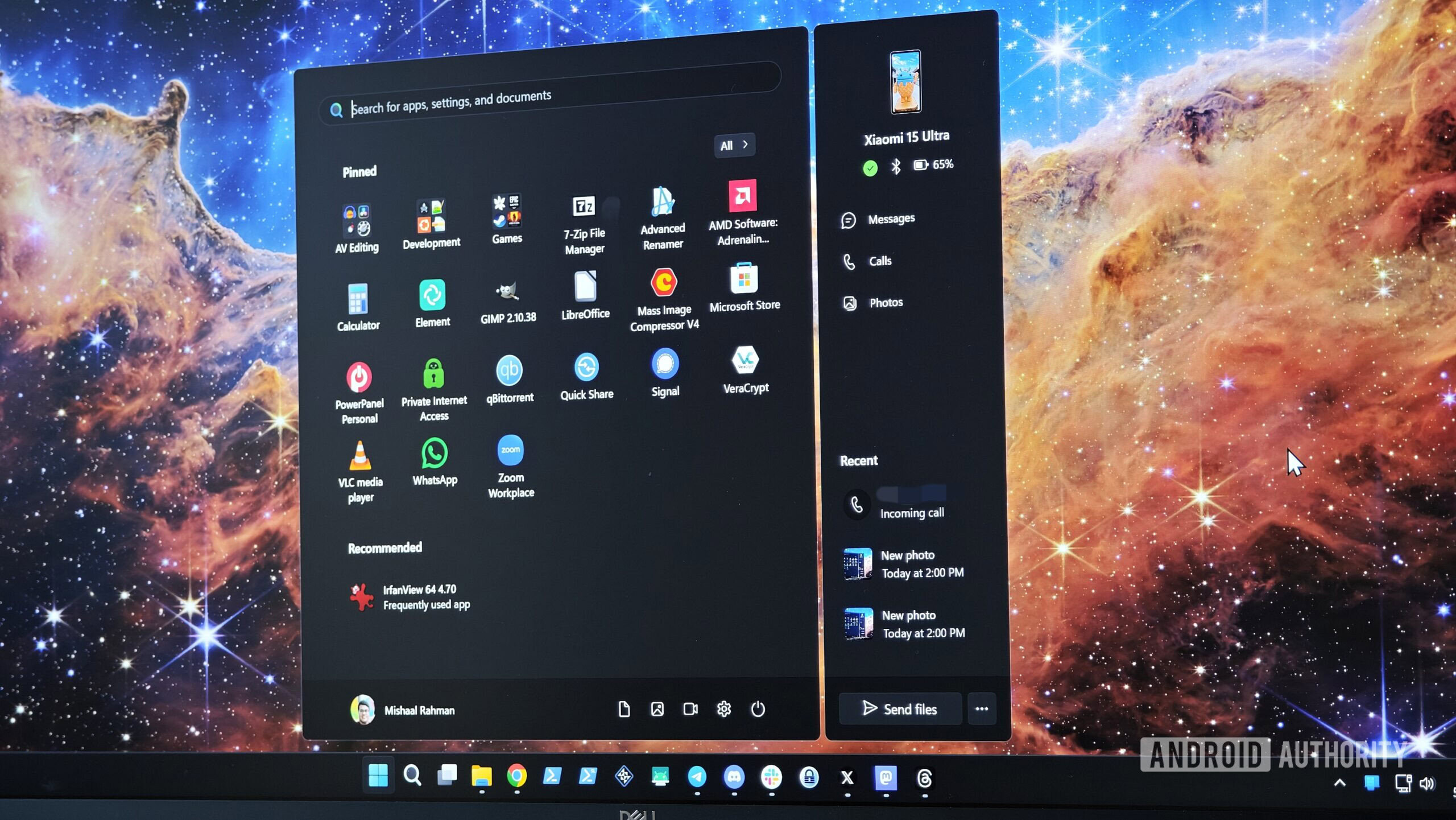



![Upgrade your CarPlay experience in 2025 with Ottocast NanoAI and Mini Wireless [20% off]](https://i0.wp.com/9to5mac.com/wp-content/uploads/sites/6/2025/05/nano-ai-banner-pc.jpg?resize=1200%2C628&quality=82&strip=all&ssl=1)















![iPhone 17 Air Could Get a Boost From TDK's New Silicon Battery Tech [Report]](https://www.iclarified.com/images/news/97344/97344/97344-640.jpg)
![Vision Pro Owners Say They Regret $3,500 Purchase [WSJ]](https://www.iclarified.com/images/news/97347/97347/97347-640.jpg)
![Apple Showcases 'Magnifier on Mac' and 'Music Haptics' Accessibility Features [Video]](https://www.iclarified.com/images/news/97343/97343/97343-640.jpg)
![Sony WH-1000XM6 Unveiled With Smarter Noise Canceling and Studio-Tuned Sound [Video]](https://www.iclarified.com/images/news/97341/97341/97341-640.jpg)

























